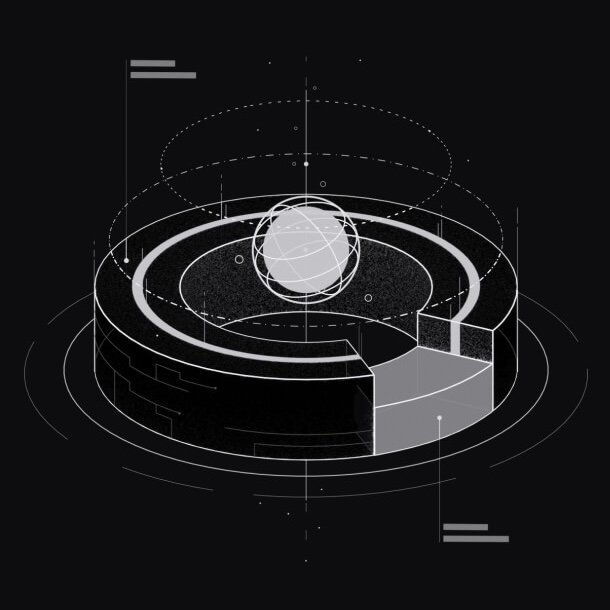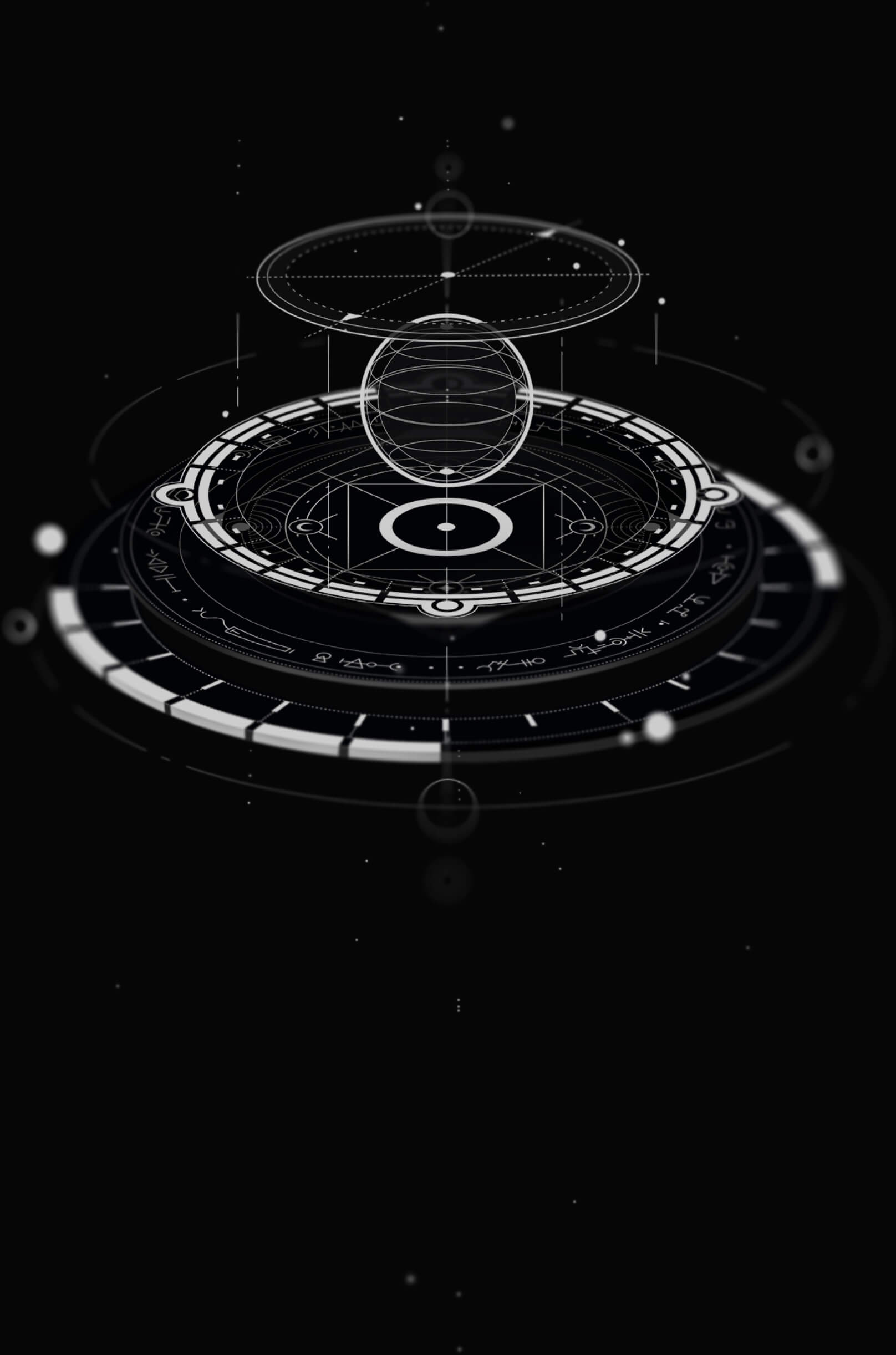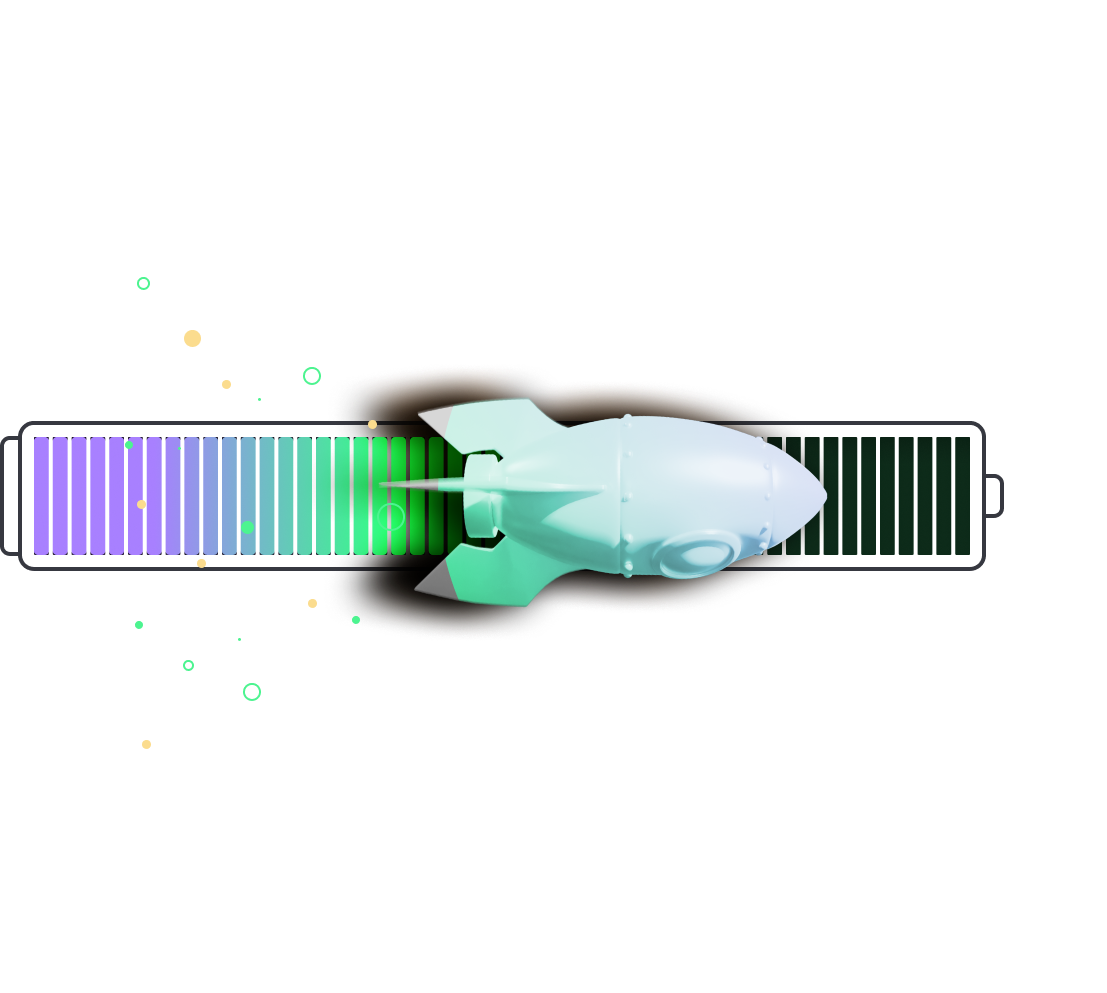Check out our all new pricing plans! Learn more.
App development at the speed of light.
SpacetimeDB is a real-time backend framework and database for apps and games.
LLMs go much further with SpacetimeDB because it handles all the persistence, logic, deployment, and real-time sync in a single cohesive backend.
curl -sSf https://install.spacetimedb.com | shspacetime dev --template chat-react-tsclaude "This folder is initialized with a basic SpacetimeDB project. Using this as a starting point build a full Discord clone with channels, threads, and real time messaging with React.js"Make an app in realtime
SpacetimeDB automatically publishes updates to your clients so they're always in sync. Your server code is embedded into the database for extreme speed, flexibility, and type safety.
- Try editing the server code to see the behavior of this app change on the fly!
Millions of Transactions. Zero Bottlenecks.
SpacetimeDB processes transactions at a scale and speed that leaves conventional databases behind.
Why developers choose SpacetimeDB
What people building with SpacetimeDB are saying.
Ok, SpacetimeDB is actually pretty cool! It gives you almost everything you need on the server side to build a multiplayer game. Think of it as Supabase but for building games.
You can write reducers to handle events on the server, and you can call them directly from the client or subscribe to their changes.
SpacetimeDB collapses your entire backend into the database itself. No servers, no microservices, just Rust modules running at memory speed. Powers an entire MMORPG with zero traditional infrastructure.
Spacetime is a cheat code.
The design of SpacetimeDB—or rather, its underlying mechanism—is so genius that I just can't stop grinning like an idiot, oh my.
If you don't know yet, SpacetimeDB is here and it's going to warp the game dev space into a new big bang.
Think of it as whatever levelsio had to vibe code for his plane game to be a smooth multiplayer game, you can do it in an hour now.
Ok, SpacetimeDB is actually pretty cool! It gives you almost everything you need on the server side to build a multiplayer game. Think of it as Supabase but for building games.
You can write reducers to handle events on the server, and you can call them directly from the client or subscribe to their changes.
SpacetimeDB collapses your entire backend into the database itself. No servers, no microservices, just Rust modules running at memory speed. Powers an entire MMORPG with zero traditional infrastructure.
Spacetime is a cheat code.
The design of SpacetimeDB—or rather, its underlying mechanism—is so genius that I just can't stop grinning like an idiot, oh my.
If you don't know yet, SpacetimeDB is here and it's going to warp the game dev space into a new big bang.
Think of it as whatever levelsio had to vibe code for his plane game to be a smooth multiplayer game, you can do it in an hour now.
SpacetimeDB — a database and server in one. Clients connect directly, run logic inside the DB. No Docker, no K8s, no ops bloat.
Used to power the entire backend of BitCraft, including real-time multiplayer.
It's time! I'm using SpacetimeDB to backend my game, Vaerfel idle. It's an original idle mmorpg. We're almost at a point to where I'm comfortable asking for fundraising money for professional hooman-made art assets, etc.. Let me know what you think!
I did develop and operate a successful web3 marketplace with the full stack.. kubernetes, postgres, elastic search, risingwave, redis etc... imho for game dev go with @spacetime_db. Currently building an @PlayArtifact clone in godot and spacetimedb and its fun and painless
Unironically you can achieve this with a single rocket API and spacetimedb behind a loadbalancer.
We started concepting the game in July, and shipped it to the App Store before Halloween. 95% of the 3 month development time was spent developing the front-end client.
The backend was completely plug-and-play. It's genuinely shocking how easy SpacetimeDB made it to create a persistent open world.
SpacetimeDB — a database and server in one. Clients connect directly, run logic inside the DB. No Docker, no K8s, no ops bloat.
Used to power the entire backend of BitCraft, including real-time multiplayer.
It's time! I'm using SpacetimeDB to backend my game, Vaerfel idle. It's an original idle mmorpg. We're almost at a point to where I'm comfortable asking for fundraising money for professional hooman-made art assets, etc.. Let me know what you think!
I did develop and operate a successful web3 marketplace with the full stack.. kubernetes, postgres, elastic search, risingwave, redis etc... imho for game dev go with @spacetime_db. Currently building an @PlayArtifact clone in godot and spacetimedb and its fun and painless
Unironically you can achieve this with a single rocket API and spacetimedb behind a loadbalancer.
We started concepting the game in July, and shipped it to the App Store before Halloween. 95% of the 3 month development time was spent developing the front-end client.
The backend was completely plug-and-play. It's genuinely shocking how easy SpacetimeDB made it to create a persistent open world.
I couldn't resist! Heard about SpacetimeDB yesterday and had to vibe code a flight simulator. One hour in, it's completely multiplayer with a Rust + SpacetimeDB backend.
love you spacetimedb ❤️
For anyone who ever wanted to play with multiplayer try this platform out, its really amazing.
we've been looking at it since launch, one of our developers loves you guys so much
I couldn't resist! Heard about SpacetimeDB yesterday and had to vibe code a flight simulator. One hour in, it's completely multiplayer with a Rust + SpacetimeDB backend.
love you spacetimedb ❤️
For anyone who ever wanted to play with multiplayer try this platform out, its really amazing.
we've been looking at it since launch, one of our developers loves you guys so much
SpacetimeDB works with your
favorite frameworks





